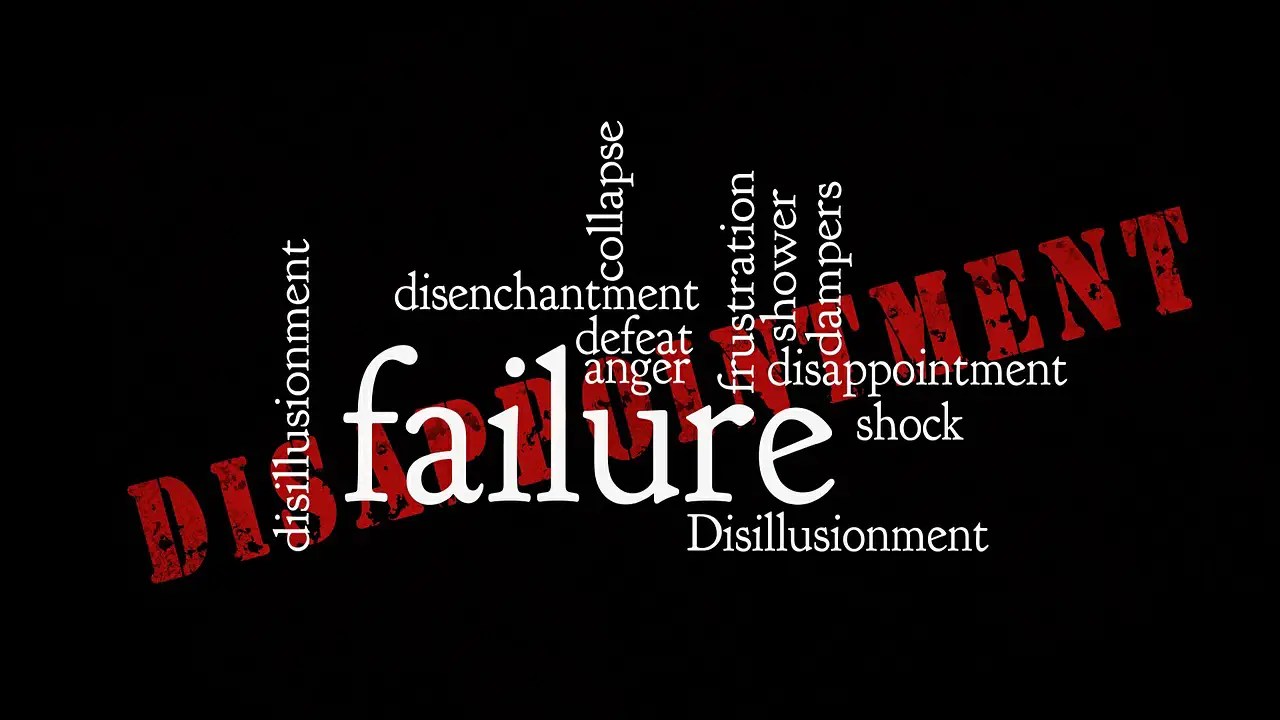- Joined
- Mar 30, 2012
- Messages
- 431
- Reaction score
- 101
So getting close to the time where I am going to apply for Fellowship. My first choice likely MSK, perhaps second would be breast. Now, I am sure this question was asked before, but things do change as you all know.
I am considering not doing a fellowship. I guess the brutality of my current program quenched any desire I had to continue training or to even contemplate academic medicine. As time goes by, I'd really like to avoid an extra year of training for many reasons
1- I am older than most (in my 40s). I seriously need to worry about retirement at this point. The contributions, savings and few stocks won't cut it for sure.
2- I am thinking of trying to get an ER rad job. I really don't mind the odd hours. I would also consider nighthawks down the road (like when I have 5-10 year left in me), or perhaps even now depending on circumstances.
3- I don't want to live in a big city. If it were up to me, I'd probably live in a cabin in the woods. The issue is that I have kids, and unfortunately these suckers have needs I cannot ignore (school, extracurricular etc...). That said, a small city should work I believe. I hate traffic and avoid crowds at any cost.
4- I am seeing the current job market which is doing quite well at the moment. The salaries are decent. Again, I understand this may change by the time I am done. However, I feel confident that given that I don't want to live in a big city and won't mind even working nights, hopefully, I should still be able to find a job.
It appears clear that not doing a fellowship would make me at a disadvantage. But I think I am willing to give up enough "perks" so as to remain somehow competitive. Overall my plan is not necessarily to make partner in a fancy place and make big bucks. Ultimately, the job I contemplate once I have enough saved, is to work 1 w on/2 off nights (even at a lower salary, and even telerad) and maybe even commute between the US another country to here (again, talking when my kids are gone and when I am 5 years away from retiring).
Any input of current radiologists or job applicant would be helpful. What have you seen / heard during your job interviews? As for current radiologists, what is the stance of your practice on the issue. Again, I full well understand that things do change. But where are we right now?
Thank you!
I am considering not doing a fellowship. I guess the brutality of my current program quenched any desire I had to continue training or to even contemplate academic medicine. As time goes by, I'd really like to avoid an extra year of training for many reasons
1- I am older than most (in my 40s). I seriously need to worry about retirement at this point. The contributions, savings and few stocks won't cut it for sure.
2- I am thinking of trying to get an ER rad job. I really don't mind the odd hours. I would also consider nighthawks down the road (like when I have 5-10 year left in me), or perhaps even now depending on circumstances.
3- I don't want to live in a big city. If it were up to me, I'd probably live in a cabin in the woods. The issue is that I have kids, and unfortunately these suckers have needs I cannot ignore (school, extracurricular etc...). That said, a small city should work I believe. I hate traffic and avoid crowds at any cost.
4- I am seeing the current job market which is doing quite well at the moment. The salaries are decent. Again, I understand this may change by the time I am done. However, I feel confident that given that I don't want to live in a big city and won't mind even working nights, hopefully, I should still be able to find a job.
It appears clear that not doing a fellowship would make me at a disadvantage. But I think I am willing to give up enough "perks" so as to remain somehow competitive. Overall my plan is not necessarily to make partner in a fancy place and make big bucks. Ultimately, the job I contemplate once I have enough saved, is to work 1 w on/2 off nights (even at a lower salary, and even telerad) and maybe even commute between the US another country to here (again, talking when my kids are gone and when I am 5 years away from retiring).
Any input of current radiologists or job applicant would be helpful. What have you seen / heard during your job interviews? As for current radiologists, what is the stance of your practice on the issue. Again, I full well understand that things do change. But where are we right now?
Thank you!


